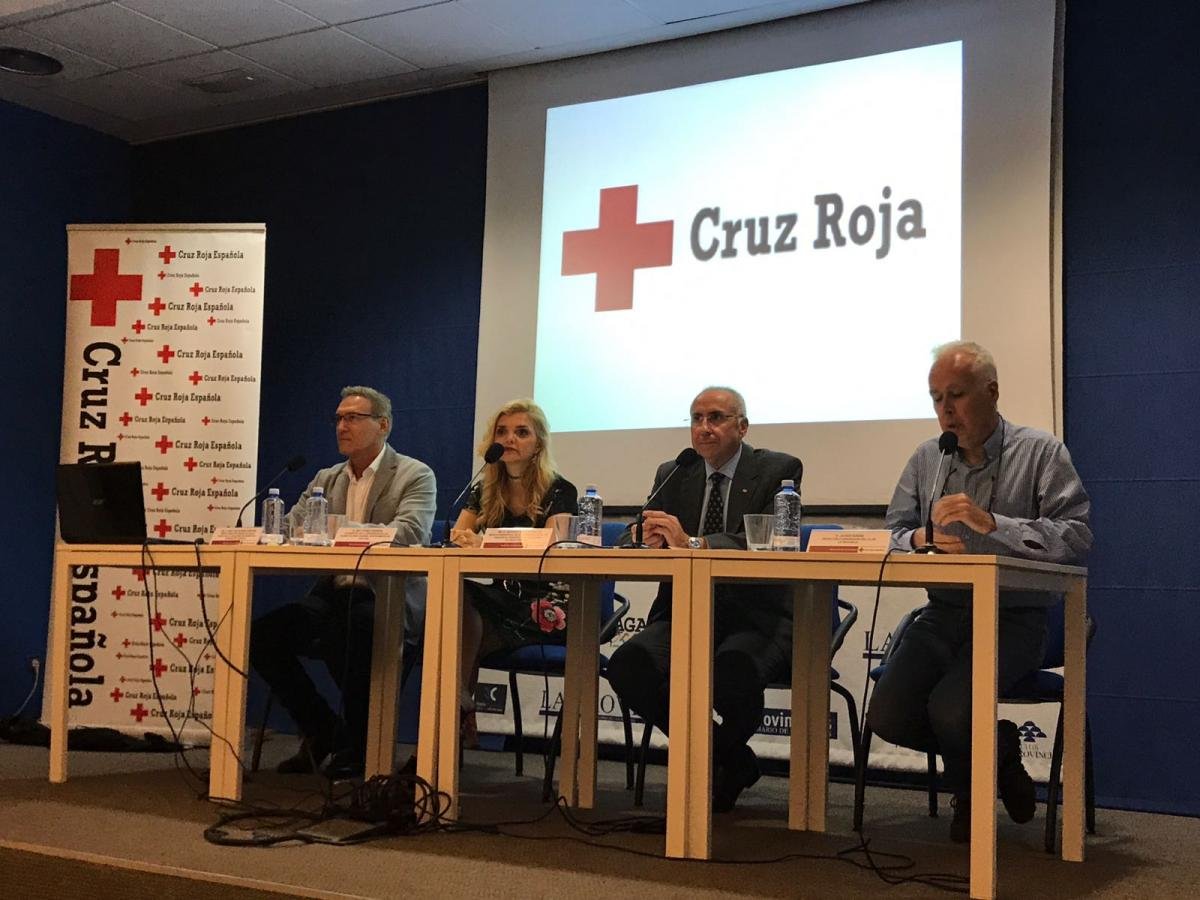At 20.00 hours yesterday was held in the Club LA PROVINCIA (León and Castillo 39) a debate to commemorate the world days of Health (April 7), Environment (June 5) and the Red Cross (May 8). The aim of the meeting was to mobilize society against the suffering of others.
The event welcomed the participation of the president of the Local Assembly of the Spanish Red Cross in Las Palmas de Gran Canaria, Antonio Rico, the general director of Public Health of the Ministry of Health of the Canary Islands Government, José Juan Alemán, and the professor of Biology of the ULPGC and coordinator of the Ecophysiology Group of Marine Organisms (EOMAR) of EcoAqua, May Gomez. Each speaker made a fifteen-minute presentation before starting the question time among the audience.
During her turn to speak, May Gómez put on the table three environmental problems of great relevance. On the one hand, the EOMAR coordinator spoke about climate change. Increases in water temperatures and ocean acidification are causing numerous problems, such as the loss of biodiversity, changes in ecosystems or the appearance of invasive species.
On the other hand, the professor addressed the issue of increasing populations of jellyfish worldwide, with consequent economic losses due to the closure of beaches for tourism, damage to aquaculture companies and refrigeration systems in coastal industries.
Finally, May Gómez talked about the accumulation of plastics and their fragmentation into microplastics. These microplastics are entering the marine trophic chains. Several studies carried out by EOMAR have revealed that 33 % of mackerels sampled in local markets contain plastics in the stomach. The main problem with these microplastics is that they adsorb toxic chemical compounds that are transferred to the food chains and cause damage to the health of the population.


